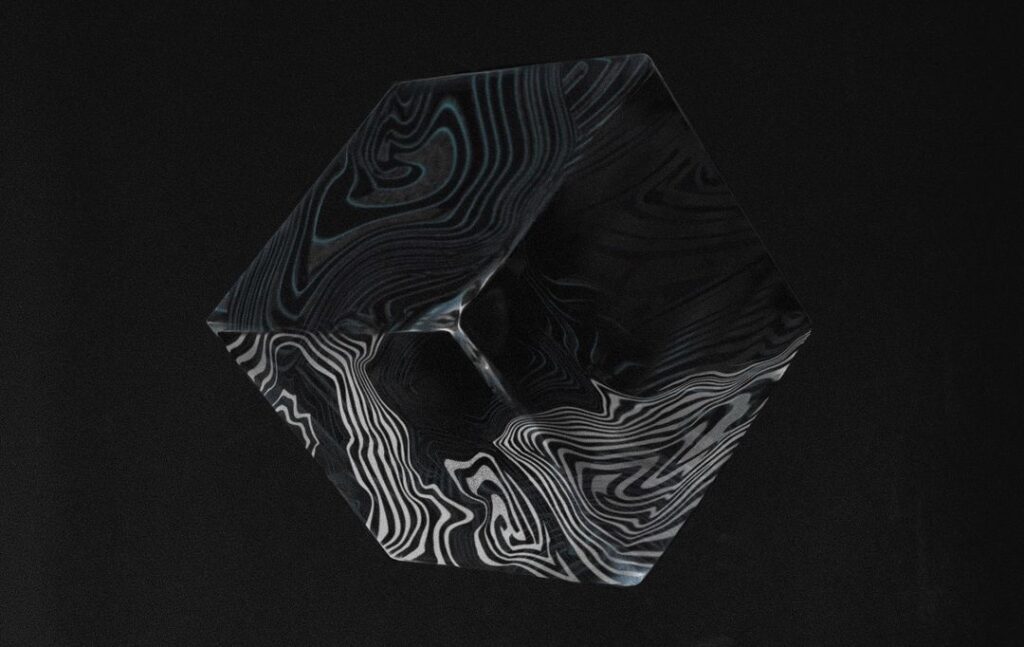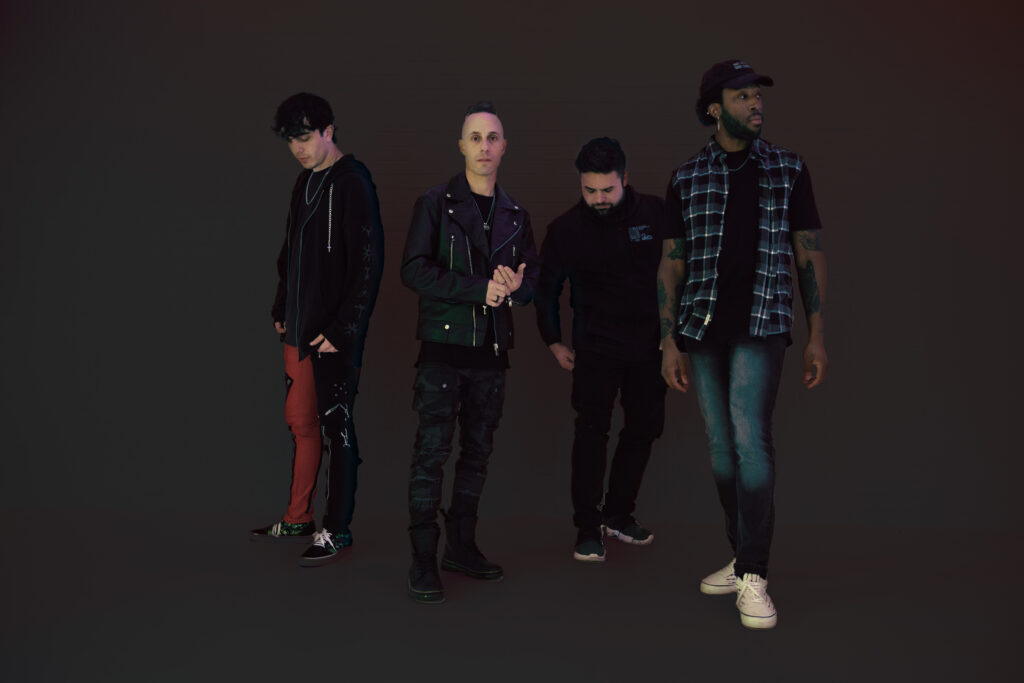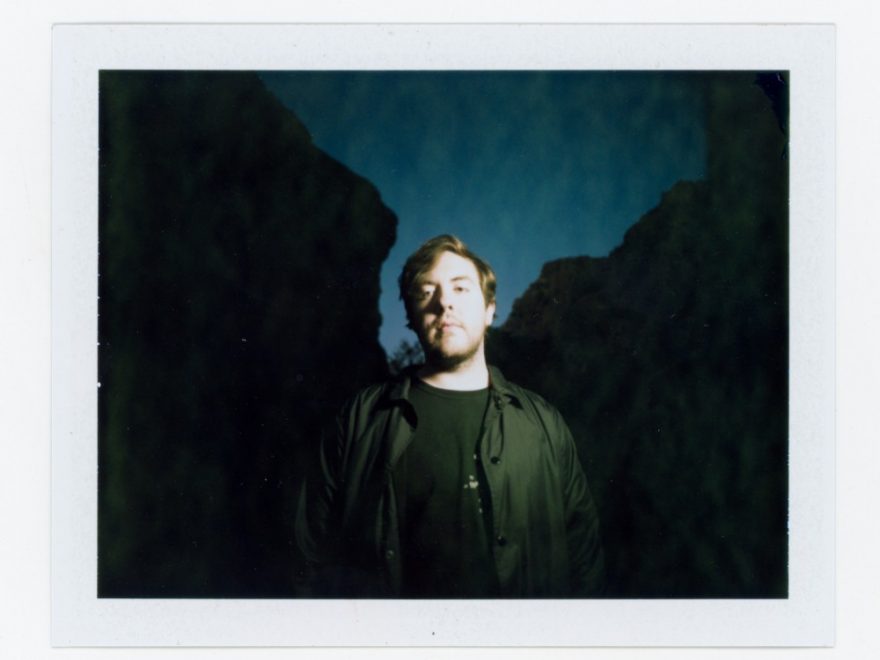As seasoned Shallou listeners who first cut their teeth on the producer’s catalog with Souls can attest, Magical Thinking streams like a sonic bildungsroman, and in many ways, it is just that. After first carving his niche in the electronic realm through the release of his 2018 EP, Souls, Shallou amassed live experience through a steady stream of tour dates and festival bookings before breaking ground on the project that his following attentively awaited: his debut album.
In the nearly two years that succeeded the release of Souls, Shallou’s seven-song embrace of the indie, dream-pop, and ambient house elements that gave structure to his early sound, Shallou has actively sought to expand his style, to show that Souls was only part of his artistic identity.
Collaborations with different types of vocalists, vocal training sessions that have allowed him to draw upon his own vocal capabilities to a greater degree, and experimentation with sounds distinct from those of fan favorites such as “Lie” enabled Shallou to tap into his electronic potential on Magical Thinking, the producer told Dancing Astronaut (DA). In an exclusive interview with DA, Shallou discussed how modifying the musical mold that he crafted on Souls afforded him creative license on Magical Thinking while promoting artistic self discovery.
____________________________________________________________________________
How long was Magical Thinking in production, and what was the creative process of making this album like?
I started making demos for the album pretty much right after the Souls EP was released, so it technically took two years to have that final finished product. In that time, I made “Count On” and “All Your Days,” and was touring and playing festivals pretty regularly. Those [songs] were originally going to be on the album, but each demo I made felt like it was [going] in a separate direction from those two songs.
Once I had a list of about 12 or so demos that felt cohesive, I started the process of either reaching out to artists to feature on [the demos] in some capacity, or writing the vocals myself. I had a few writing sessions from scratch to fill in the blanks, and that’s where “Older,” “Fading,” and “Mutual Love” were written. From there, I spent a lot of time adjusting sounds, re-recording synths, and capturing new drums until the demos felt like real songs.
Being that this is your debut album and you’d cultivated a following in the time since the release of your Souls EP, did you feel that you faced any sort of fan or critic-based expectation when it came to this project and if so, how did you approach this?
I think a lot of people were expecting more “You and Me’s,”’ “Lie’s,” and “Begin’s,” which I will probably revisit on future EPs or albums. I still love those songs [and] I’ve seen comments by people expecting that style. There were just a lot of musical ideas I needed to get out of my system, to show my audience that I can produce diversely.
A debut album is a statement of sonic sorts. What did you hope to convey and/or achieve with Magical Thinking?
When I started working on the album, I just wanted to work with as many people as possible. There’s something about the scene out here in LA that encourages collaboration and “getting in the room” with artists you’ve never met. It’s an uncomfortable thing for me, because I made most of my old music alone in my room and [then] sent [it out] to people to try and write vocals [for it]. There’s something invigorating about being out of your comfort zone though.
[However,] I always feared the artist would get bored or fed up and leave a session. The exact opposite was true; everyone I worked with on this album was an absolute delight and was so patient in letting me work out my ideas. My goal with the album was to further expand what my music could become, and to try to express what was on my mind by working with other people. The result—I think—is a diverse collection of songs that show that I can live in multiple musical worlds, but can still bring it all together to sound like “Shallou 2.0.”
How does Magical Thinking differ from Souls, how is the sound that we hear unique from what we heard on Souls?
I’m singing a lot more. I spent a lot of time working with a vocal engineer, Ryan Summer, to find the sweet spots in my voice and develop a technique for singing on my tracks, using what I had learned on songs like “You and Me” and “Vignette.” [This training] was a huge eye-opener.
There were a lot of collaborations people didn’t expect as well, but I had so much fun making them. Obviously making a song with Bob Moses or The Knocks is not going to sound the same as making a song with Riah or Kasbo. These are [different pairings that] I wanted to try and put out there to grow as an artist.
Songs like “Lethologica” and “Silhouettes” are so personal in their subject matter–I have a real fear of memory loss or cutting off the people I love. I try to put a positive message in most of my music, and I have so much love in my life. Songs like “You and Me” or “All Your Days” express that. But, I hadn’t tried to write about my personal fears in my previous releases. I want my music to have the full scope of human emotions.
How is it similar?
I used a lot of the same sounds as my other music, but in different ways. I used the synth from “Begin” on the second verse of “Silhouettes,” I used a lot of the bell sounds from “Truth” and “You and Me.” There’s subtle nods to my older track in piano motifs you can catch. I think having a toolbox of sounds that you know worked on other successful releases can help you craft new [releases] that still sound like you.
What have you learned about yourself and your approach to music production in the time between the release of Souls and the release of Magical Thinking?
I gained confidence from the success of Souls, but didn’t fully accept the scope of how quickly things move in the music world now. You can’t really keep listeners waiting so long for new music, [otherwise] they can lose interest. It hurts to accept, but it’s true now.
I think being in denial about the realities of the industry can lead to making some bad choices as an artist. It’s hard when you see a lot of your influences (Bon Iver, Coldplay, Caribou etc) take years to release new projects. You think, ‘if they can do it so can I.’
At the same time, mental stability plays a lot into productivity. I was watching David Lynch’s Masterclass, where he talks about “negativity being the enemy of creativity.” He says, “If you’re filled with depression, you can hardly even get out of bed, let alone feel like creating something,” which I think rings true for many people, especially creatives. There’s this weird dark cloud of self-doubt over our heads that we each need to overcome.
I think it’s important to find a balance between taking your time and getting that engine revving. I can be a pretty slow producer, so I’m doing my best to adjust. As I was crafting the album, I just hoped people would still be around when my process materialized into something I was proud of.
I still have a lot to learn about making music and I haven’t truly mastered it yet, to be honest. I really love this album though, [and] I hope people dig it, too.






